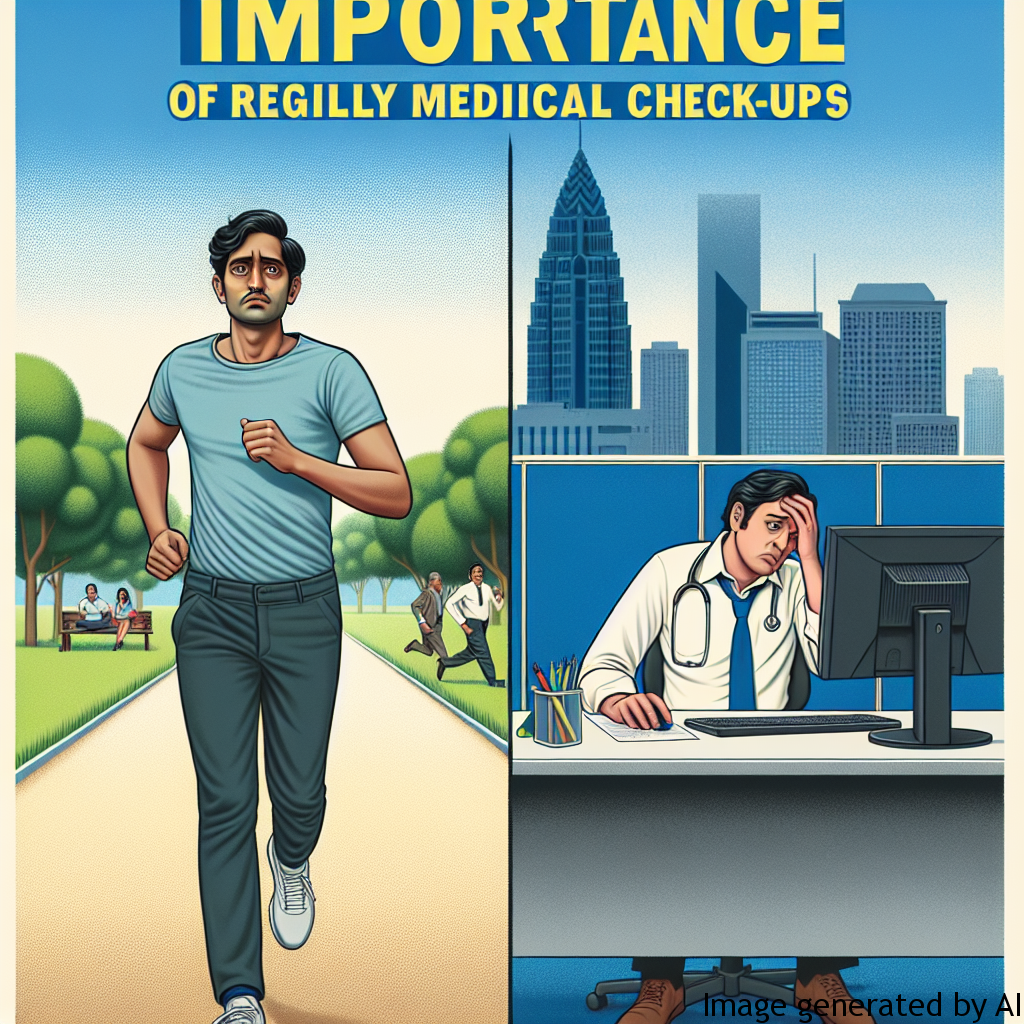Regular medical checkups can be a lifesaver, serving as an early warning system for potential health problems. Excellent health does not happen by chance but by regular screenings, healthy diets, regular physical activity, abstinence from smoking, minimal alcohol consumption, and maintaining a healthy weight. However, many factors might influence people’s willingness or ability to engage in these practices, including gender. With this article’s help, let’s try to understand the importance of regular health checkups and how gender roles or expectations play a part in this concept, especially for men.
Introduction
Medical check-ups involve various tests and physical examinations that can detect health problems before they evolve into substantial health issues. Often, early detection makes many diseases more manageable and gives the best chance of successful treatment. Men, especially, due to societal norms and expectations, tend to neglect their health and delay these crucial checkups, leading to late diagnosis and difficulty in treatment.
Description of Gender Expectations and their Influence on Men’s Mental Health
Several societal expectations influence men’s approach to their health. Society often bewitches men into thinking that they must always be strong and indestructible, leading to neglect of their physical and mental health.
Masculinity and Stigma
A common stereotype is that real men do not get sick and should not acknowledge pain or vulnerability. This belief not only affects men’s physical health but can affect their mental health as well. They less likely seek help for their problems and often bear the burden of silent struggles.
Ignoring Symptoms
Another common belief is that men should endure pain and discomfort rather than seeking help. This means that many men tend to ignore symptoms or delay seeking medical attention, which can lead to minor health problems becoming serious over time.
Examples of How Gender Roles Can Affect Men’s Life
Many men work in physically demanding or hazardous environments, increasing their risk of injury and disease. Societal expectations may also deter men from seeking medical attention as regularly as necessary for these work environments.
The stereotype that men are not “supposed” to express emotion or admit when they are struggling can lead to mental health issues being overlooked. These unexpressed feelings can lead to stress, depression, and even suicide if not addressed.
Advice for Improving Mental Health Considering Gender Roles
Understanding and challenging traditional gender roles is essential for improving men’s health. Society should encourage men to seek regular medical check-ups, regardless of their perceived level of health. Encouraging self-care, promoting open dialogues about physical and mental health, and continuous emphasis that seeking help is a strength rather than weakness can help break down barriers.
Conclusion
Regular health check-ups are pivotal in keeping individuals healthy. However, several societal norms and expectations, particularly concerning men, prevent this crucial practice. By acknowledging and challenging these norms, society can help men to seek regular medical check-ups, leading to healthier, happier lives.

